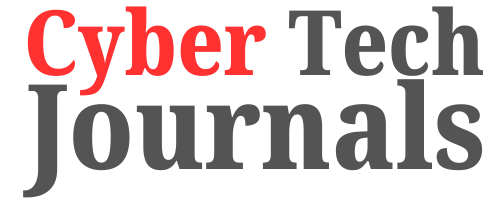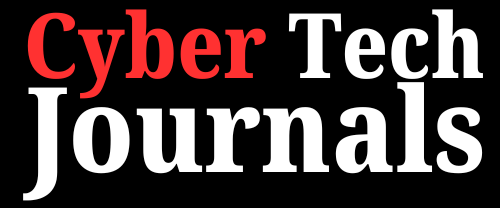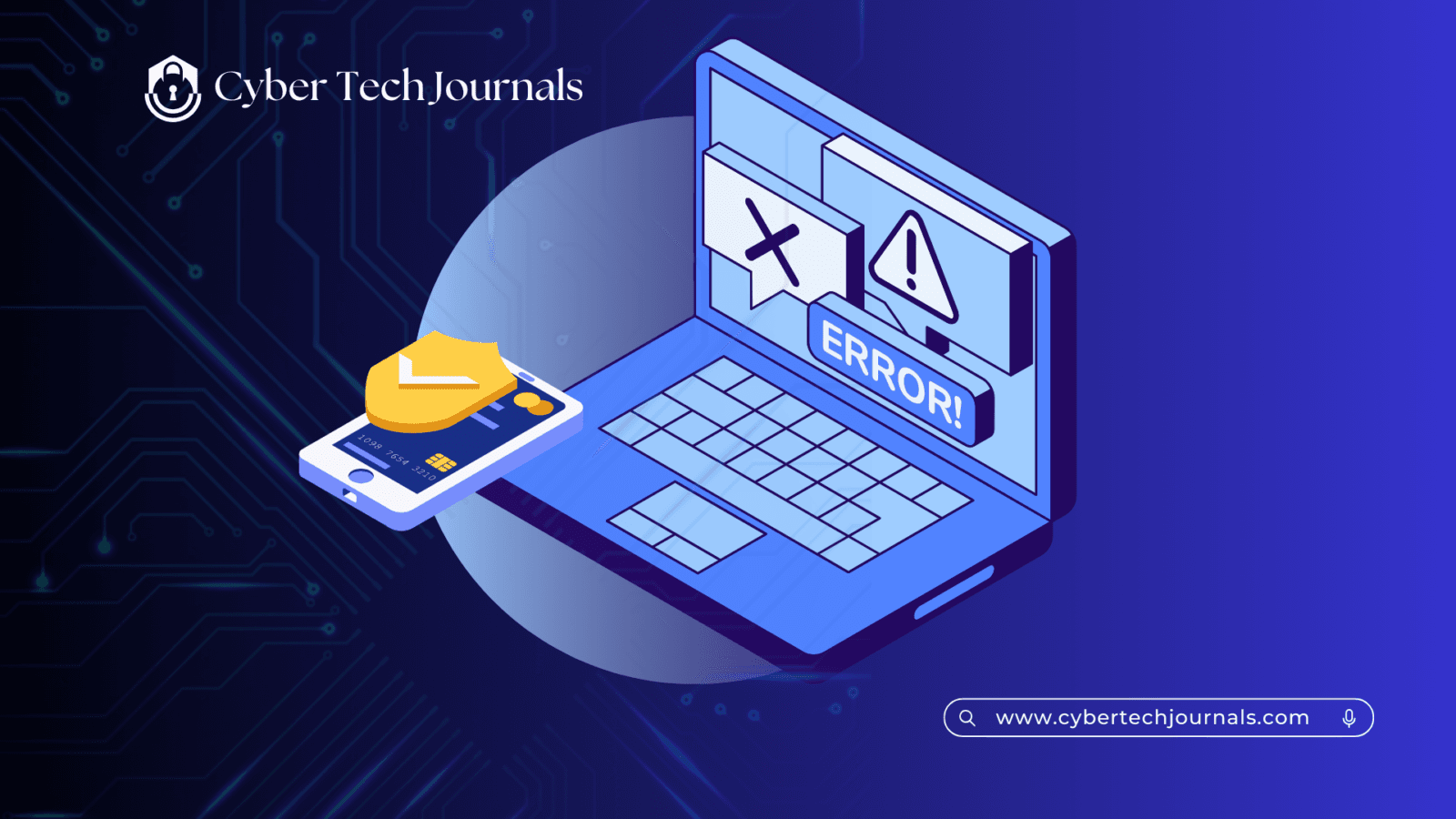In 2025, our lives are more intertwined with the digital world than ever before. From smart homes that anticipate our needs to workplaces that operate entirely in the cloud, technology has become an extension of ourselves. But with this incredible convenience comes an undeniable shadow: the escalating threat of cybercrime. Just as we lock our physical doors, securing our digital lives is no longer a niche concern for tech gurus; it’s a fundamental necessity for every single one of us.
The good news? Cybersecurity for anyone is not just a hopeful phrase; it’s a rapidly evolving reality. The digital defense frontier is democratizing, opening its doors to individuals from all walks of life. This isn’t about becoming a certified hacker overnight, but about understanding the basics, building smart habits, and contributing to a safer online world. In 2025, basic cybersecurity is no longer a specialized skill—it’s essential life knowledge.
What Does “Cybersecurity for Anyone” Mean?
When we talk about cybersecurity for anyone, we’re defining a new era of accessibility in digital knowledge and skills. It means recognizing that every individual, regardless of their technical background, is both a potential target for cybercriminals and a vital potential defender. Your personal smartphone, your home Wi-Fi network, your smart doorbell, and even your online banking app are all points of entry that require your attention.
It’s about empowering you, the everyday user, with the awareness and simple tools needed to protect yourself and your digital footprint. It’s about shifting from a mindset of “I’m not important enough to be targeted” to “I am a part of the interconnected digital world, and my security contributes to everyone’s security.”
The Evolving Threats Facing Everyone
The digital landscape is a constantly shifting battlefield. While headlines often focus on massive corporate data breaches, the reality is that cybercriminals are increasingly targeting average users. Why? Because individuals often have weaker defenses, making them easier targets for quick gains, or they can serve as stepping stones to larger organizational networks.
Here are some key types of cyber threats affecting individuals in 2025:
- Phishing and Smishing: These remain rampant. You might receive a convincing email (phishing) or text message (smishing) pretending to be from your bank, a delivery service, or even a friend, urging you to click a malicious link or reveal sensitive information.
- Ransomware: While often associated with businesses, ransomware can also lock up your personal files and demand payment. Imagine losing all your family photos or important documents.
- Social Engineering: This is the art of psychological manipulation. Criminals might pretend to be someone you trust to trick you into giving them access or money. This can range from romance scams to fake tech support calls.
- IoT Attacks: With the explosion of smart devices (fridges, cameras, thermostats), your home network presents new vulnerabilities. Unsecured IoT devices can be entry points for hackers to spy on you or even launch attacks on others.
Attackers are sophisticated, leveraging AI to create more believable scams and automate their efforts. This makes understanding these threats and recognizing their tactics more critical than ever.
Breaking Down Barriers: How Anyone Can Get Started
The biggest myth about cybersecurity is that it requires a computer science degree or years of IT experience. This couldn’t be further from the truth, especially when it comes to personal digital defense. Cybersecurity for anyone means dispelling these myths and showing clear pathways to learning.
You don’t need to be a coding wizard to start. Many beginner-friendly resources are now available:
- Online Courses: Platforms like Coursera and edX offer excellent “Introduction to Cybersecurity” or “Cybersecurity for Everyone” courses from reputable universities and companies (e.g., Google, IBM, University of Maryland). These often cover foundational concepts without deep technical dives.
- Certifications: While some certifications are advanced, entry-level ones like CompTIA Security+ or (ISC)² Certified in Cybersecurity are designed to validate basic knowledge and can be a great starting point for both personal understanding and career exploration.
- Communities and Forums: Online communities on platforms like Reddit (e.g., r/cybersecurity, r/homelab) or dedicated security forums provide spaces to ask questions, share tips, and learn from others.
- Hands-on Labs and Gamified Learning: Websites like TryHackMe and Hack The Box offer interactive, gamified challenges that teach practical skills in a safe, virtual environment, making learning fun and engaging.
The key is to start small, be curious, and consistently build on your knowledge.
Essential Concepts Everyone Should Know
While you don’t need to be an expert, understanding a few core concepts can significantly boost your digital defenses. Think of these as the foundational principles of digital safety.
At the heart of information security is the CIA Triad:
- Confidentiality: Keeping your sensitive information private and accessible only to authorized individuals. (e.g., using strong passwords, encryption).
- Integrity: Ensuring your data is accurate, complete, and hasn’t been tampered with. (e.g., verifying sources, using trusted software).
- Availability: Making sure authorized users can access information and systems when needed. (e.g., regular backups, reliable internet).
Beyond this framework, here are practical daily practices for everyone:
- Password Management: Use unique, strong passwords for every account. A password manager is your best friend here.
- Regular Updates: Always update your operating systems, apps, and software. These updates often contain critical security patches.
- Threat Awareness: Be skeptical. If an email, text, or call feels “off,” it probably is. Don’t click suspicious links or download attachments from unknown sources.
- Understanding Device, Network, and Cloud Risks: Know that every device connected to the internet (your phone, laptop, smart TV) is a potential entry point. Secure your home Wi-Fi with a strong password and WPA3 encryption. Be mindful of what data you store in the cloud and the privacy settings of your cloud services.
MUST READ
- Beyond Patching: Implementing Continuous Threat Exposure Management in 2026
- AI False Positives: The Hidden Cost Killing Customer Trust
- Cybersecurity in 2025: Key Lessons, Failures, & Next Steps
- Is Cybersecurity Hard? Here’s What Beginners Actually Face
- Enterprise Cybersecurity Policy Checklist: What You Must Include for 2025
“Cybersecurity for Anyone” in Daily Life
Let’s look at how cybersecurity for anyone translates into real-world scenarios:
- Securing Your Smart Home: Change default passwords on all new smart devices. Create a separate Wi-Fi network (a “guest” or “IoT” network) for your smart gadgets to isolate them from your main devices. Regularly check for firmware updates from the manufacturer.
- Safe Browsing: Always check the URL before entering sensitive information (look for “https://” and a padlock icon). Be wary of pop-ups and unsolicited downloads.
- Cyber-Hygiene at Work and School: Follow your organization’s security policies. Don’t use work devices for personal, risky browsing. Be cautious about sharing sensitive information, even with colleagues, if it’s not through official, secure channels.
- Common Mistakes and Easy Wins: Reusing passwords is a huge mistake; a password manager is an easy win. Clicking on every link in an email is risky; hovering over links to see the true URL is an easy win. Ignoring software updates is dangerous; enabling automatic updates is an easy win.
These small, consistent actions collectively build a formidable personal defense.
The Benefits and Opportunities of Joining the Digital Defense Frontier
Embracing cybersecurity for anyone offers profound benefits, both personal and professional.
On a personal level, it brings personal data safety, safeguarding your identity, finances, and privacy. This leads to invaluable peace of mind and a sense of empowerment in a world that can often feel overwhelming. You become a proactive participant in your own digital destiny.
Beyond personal protection, understanding cybersecurity can open doors to incredible opportunities. The demand for cybersecurity professionals continues to outpace supply, creating a robust job market. Many growing career pathways exist, from entry-level roles like Security Operations Center (SOC) Analyst, Cybersecurity Consultant (GRC), or Security Awareness Specialist, to more technical roles like Cloud Security Specialist or Application Security Analyst. Even for late starters or those looking for a career change, the industry welcomes diverse backgrounds and offers numerous training programs and bootcamps.
Crucially, every individual who adopts strong cybersecurity practices contributes to a larger whole. Your basic skills help fortify the collective national and global digital security, making it harder for cybercriminals to succeed and creating a safer online environment for everyone.
Overcoming Challenges: Inclusivity and Accessibility
While the movement towards cybersecurity for anyone is gaining momentum, challenges remain. Language barriers, socioeconomic disparities, and varying educational backgrounds can hinder access to vital information and training.
However, numerous initiatives, platforms, and communities are actively working to make cybersecurity approachable for all:
- Government Programs: Many national cybersecurity agencies (like CISA in the US) offer free resources, guidelines, and public awareness campaigns.
- Non-profits and NGOs: Organizations like the CyberPeace Institute and CYBER.ORG are dedicated to providing accessible cybersecurity education, often with a focus on underserved communities and K-12 students.
- Open-Source Communities: Projects that develop free and open-source security tools often have active communities that welcome beginners and provide support.
- Free Online Resources: Websites like the National Cyber Security Centre (NCSC) in the UK, or educational platforms often provide free introductory modules and guides.
- Gamification and Interactive Learning: As mentioned, platforms that turn learning into a game can be particularly effective in engaging diverse audiences and overcoming traditional learning barriers.
These efforts are vital in ensuring that everyone has the chance to learn and contribute.
The Future is “Cybersecurity for Anyone”
In 2025, the digital world is our shared home, and securing it is a shared responsibility. We’ve explored why cybersecurity for anyone is not just a concept, but a necessity – from understanding the evolving threats that target us all, to the practical steps we can take, and the exciting opportunities that await those who join the digital defense frontier.
The call to action is clear: Everyone can play a role in securing the digital world. It doesn’t require a cape or a complex coding language; it requires vigilance, a willingness to learn, and the adoption of simple, effective habits. Embrace the fundamentals, build these crucial habits into your daily routine, and stay alert to new threats. Your proactive steps today will not only protect your own digital life but will also strengthen the collective shield against cybercrime. The future of our interconnected world depends on all of us becoming digital defenders.















Leave a comment